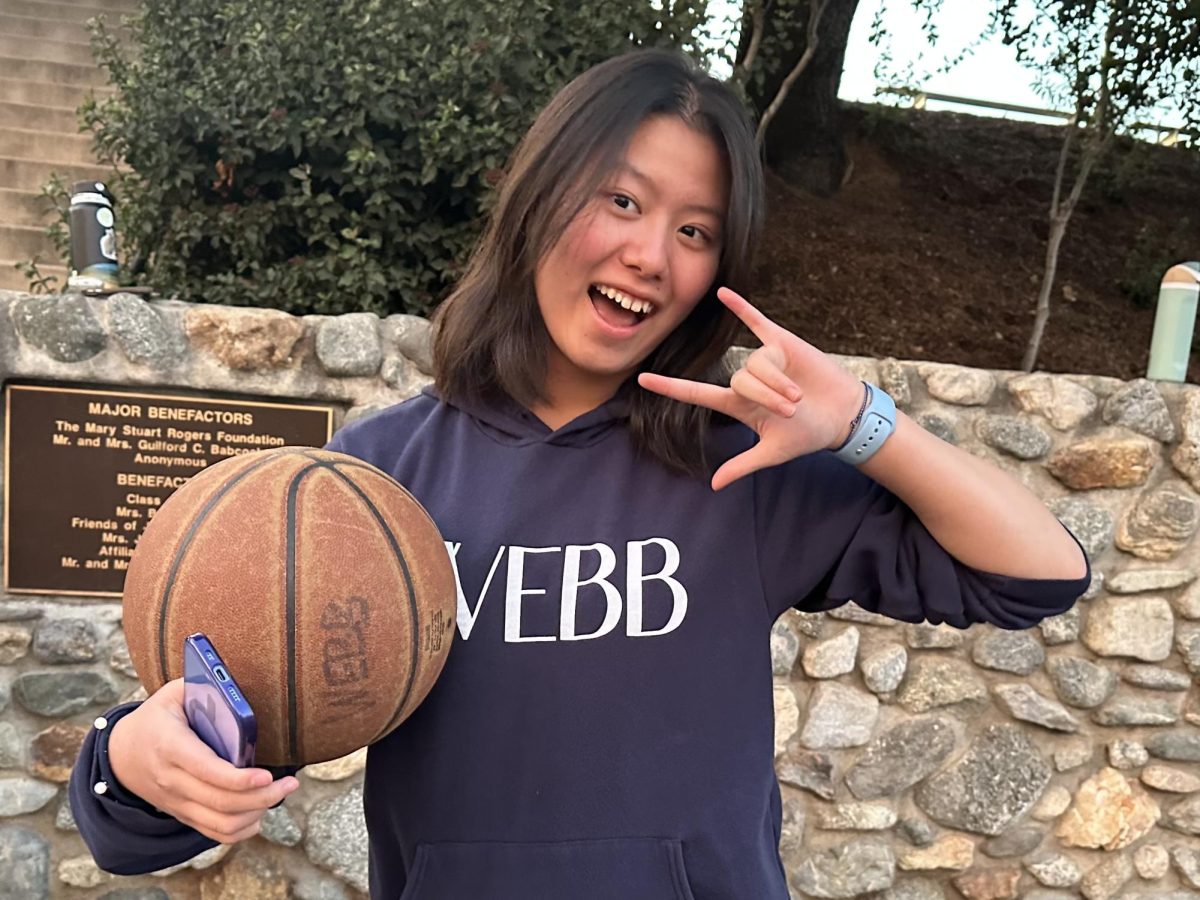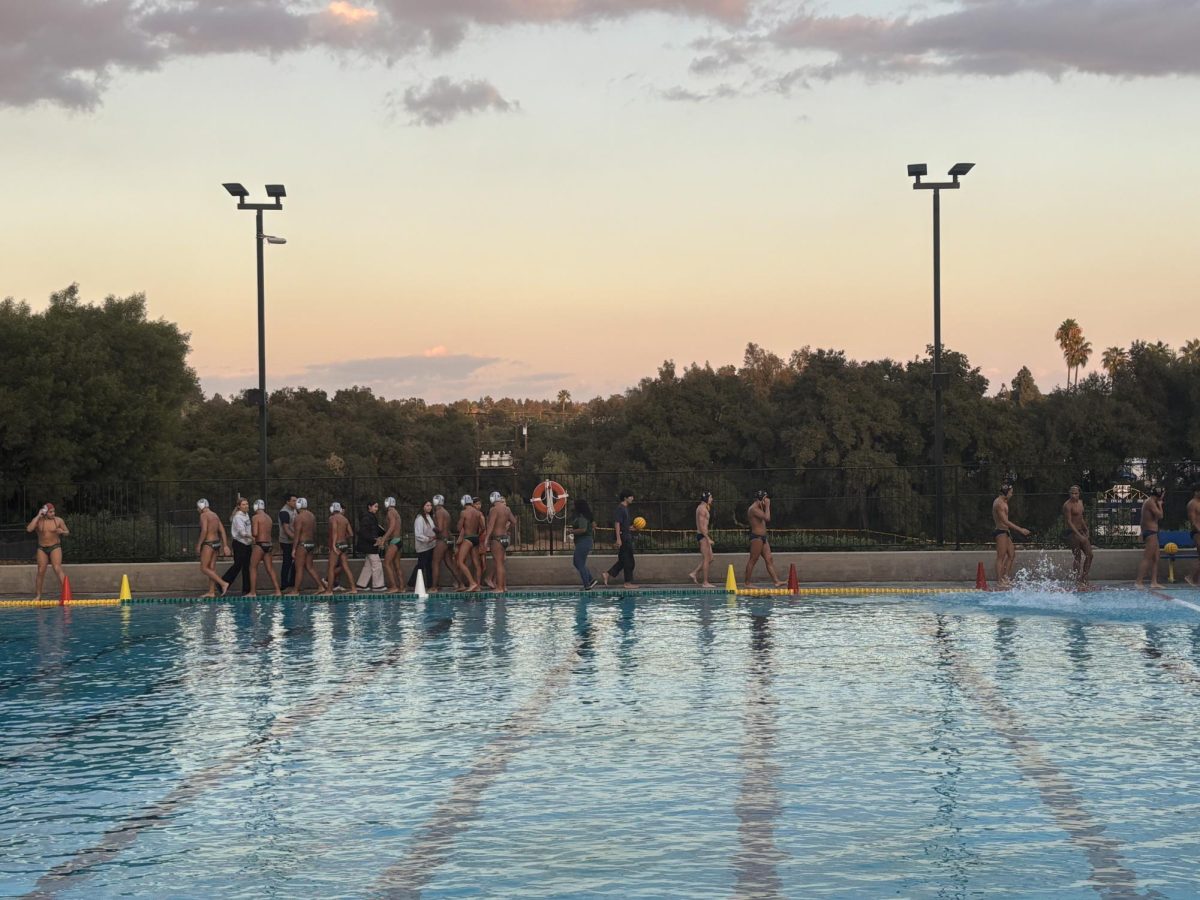When you watch a varsity basketball or soccer game, you may notice some athletes who never get to play. They are in their uniform, ready to play, but are forced to sit out for the first half of the season.
These players are transfer students who lose eligibility because of the CIF transfer student rule. Schools are educational institutions, and CIF does not want students to transfer for athletic reasons. If there is a penalty for not being able to play sports after transferring, students’ decisions will be genuinely based on reasons outside of athletics.
For transfer students, however, there are some exceptions. There are two ways to apply for eligibility, including a valid change of address and proof that one has not participated in the sport before coming to Webb.
Steve Wishek, Director of Athletics, said, “The default is [that] if you play the sport at a school previously, you have to sit out for varsity after transferring. CIF got a lot of lawsuits for that, so they changed the rule… Instead of making you sit out the whole year, they grant a sit-out period, which is about the first half of the competition period. The date for basketball, for example, is December 30th.”
However, some Webb athletes are greatly affected by the rule, even though they did not base their transfer decision solely on Webb athletics.
Jimmie McCloud (‘22), a WSC varsity soccer and football player, said, “I played football but I was not affected by the rule. Now I am affected in the soccer season because I used to play club soccer. I do not like the rule, because I heard that they made the rule to prevent athletes from transferring because of the athletic programs of the school. But it is not the case for most people.”
Dora Sconge (‘21), a VWS varsity basketball player, said, “I think the rule makes sense for athletes who make the transfer decision based on the athletic programs of the school, but not the academics.”
Not only is she limited from playing on the court, but her daily practices are also affected by the ineligibility.
She said, “I cannot play in the games, so in practice, I am not put into the scrimmages, and I am benched in practices too. I do not get to play or practice as much… I still have to wear my uniform and warm-up before the games, but I just can not play.”
Athletes like Dora feel frustrated for not being able to play in the games at all for the first half of the season.
Dora said, “Being benched for the entire game is very frustrating. I really wish I could contribute to the team on the court.”
While transfer athletes would prefer that CIF restricts the rule to college athletes or star players only, it is hard for CIF to interview all transfer students about their background information.
Mr. Wishek said, “Sometimes it can seem unfair, but SOP [sit out period] is actually a compromise solution the Section came up with. They still wanted a deterrent for athletes who would base decisions solely on athletic reasons. If there is no consequence of transferring at all, a lot more students would transfer for athletic reasons.”
There is a strong rationale behind the rule, and it is hard to make changes since it applies to all schools in CIF. As an athlete, there is nothing more frustrating than not being allowed to play competitively in the sport that you love. All transfer athletes can do is to sit out and watch the game until December 30th, when they can finally become an official part of the teams on the court or field.


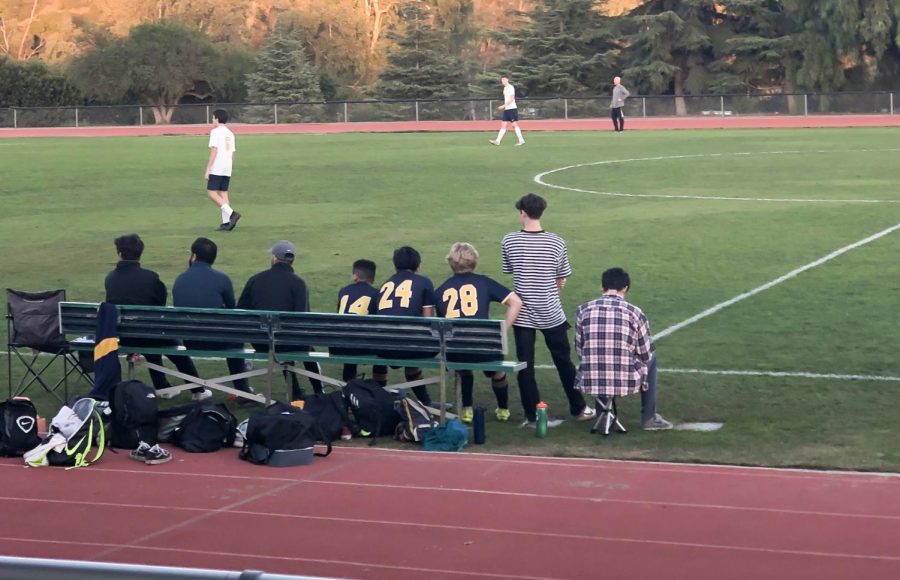
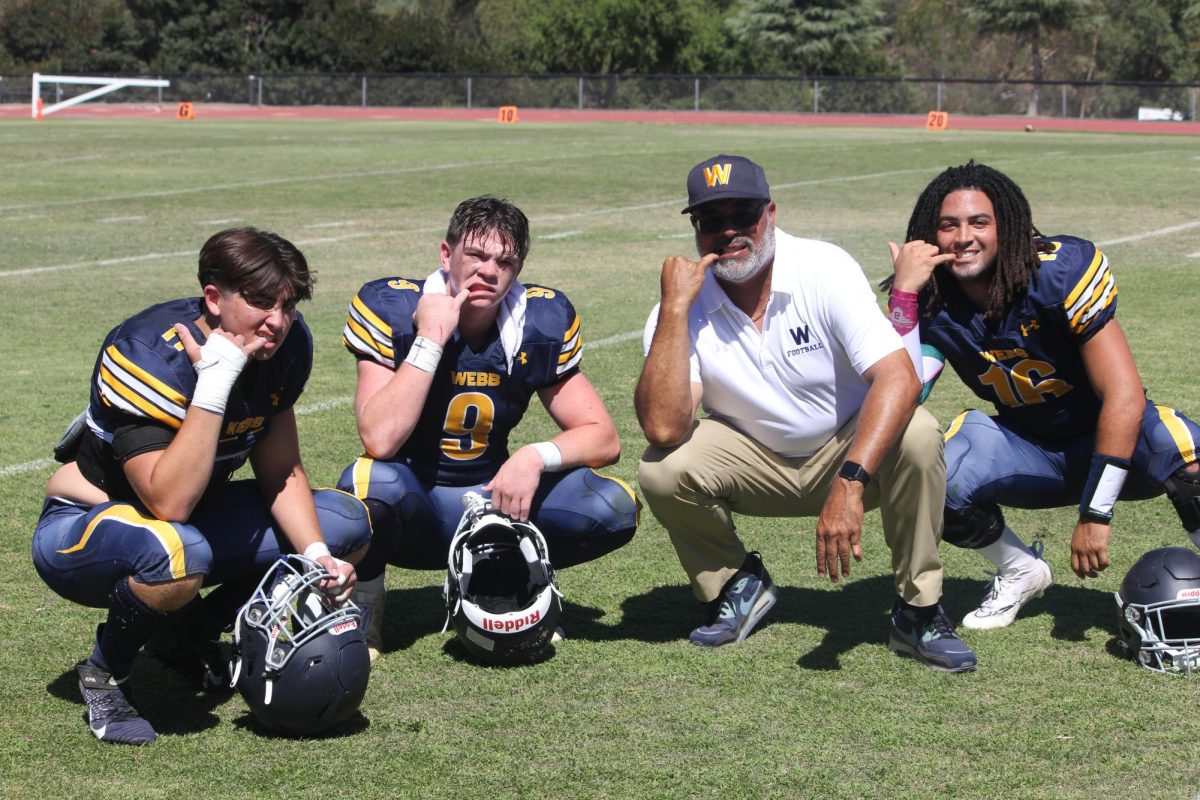
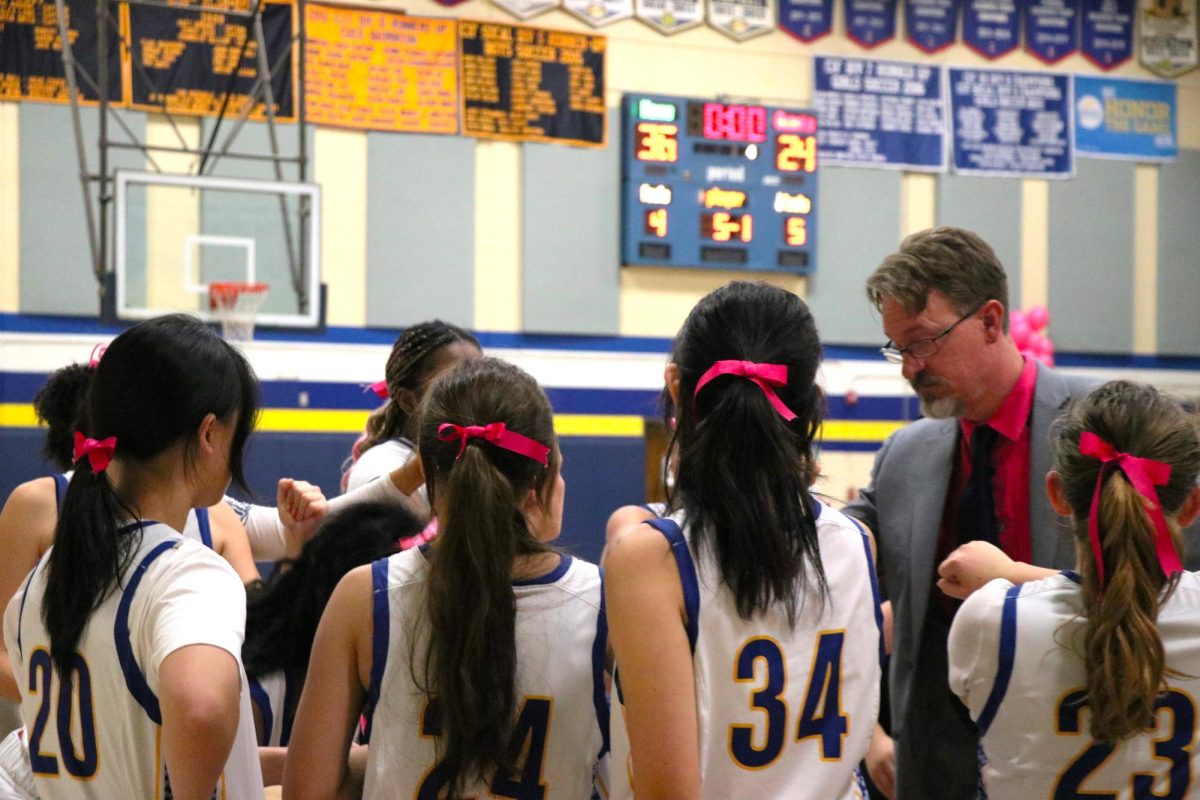
![On one of the Webb robotics team’s new Skytech Nebula computers is Jake Hui (‘25), engineer of Webb’s 358 Robotics team who is currently improving his team’s robot virtually in a Computer Aided Design application, or CAD. Before the building, the driving, and the victories, comes the prototyping of the robot.
“Right here [on his computer] is where the robot is designed, and I have access to all the parts that I need to try things out,” Jake said.
Technical computer skills as well as an intimate knowledge of how robots work is required to efficiently work in the CAD design space. The skills are well worth the time spent, as it can save hours or even days' worth of time spent on assembly in the real world.
"If there is a piece that we don’t have, 3D print it to see if it's really necessary before making an expensive purchase, as the parts can cost hundreds of dollars,” Jake said.](https://webbcanyonchronicle.com/wp-content/uploads/2025/02/IMG_2381-1200x900.png)
